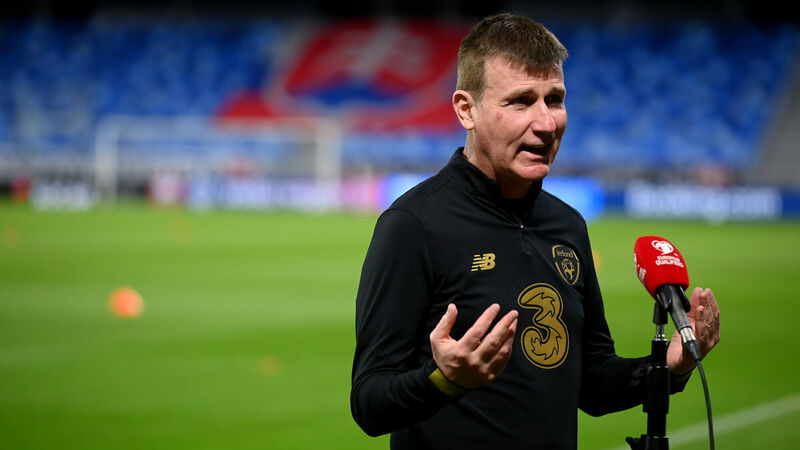Tommy Martin: Carrying our hopes and dreams, Stephen Kenny begins his impossible job

Republic of Ireland manager Stephen Kenny is interviewed ahead of a Republic of Ireland training session at Tehelné pole in Bratislava, Slovakia. Photo by Stephen McCarthy/Sportsfile
If you want to properly prepare yourself for a big night of international football, I recommend watching , the Channel 4 fly-on-the-wall documentary about the late Graham Taylor’s failed attempt to lead England to the 1994 World Cup.









